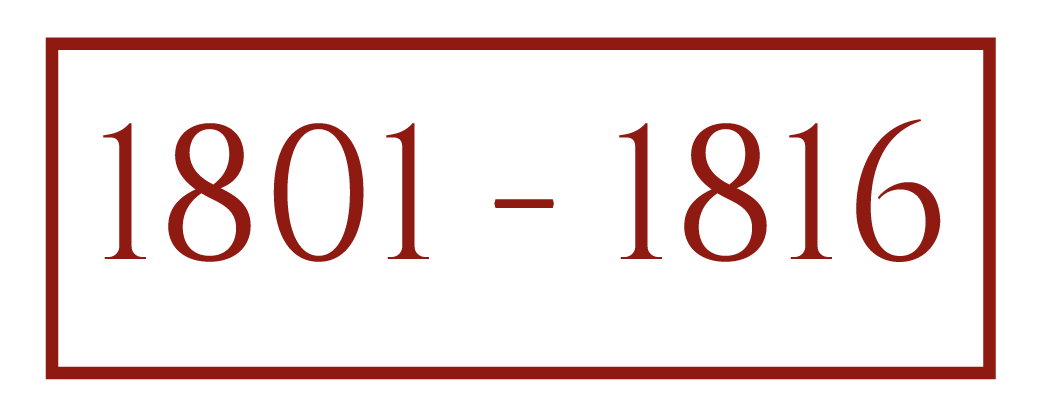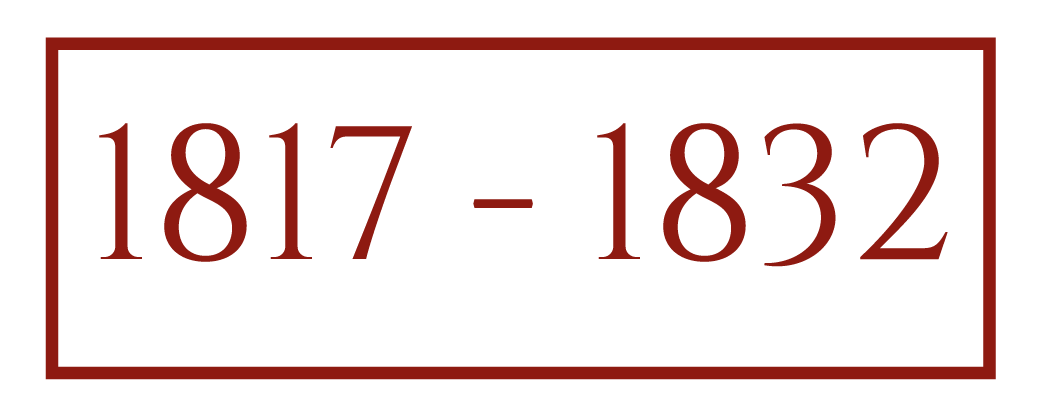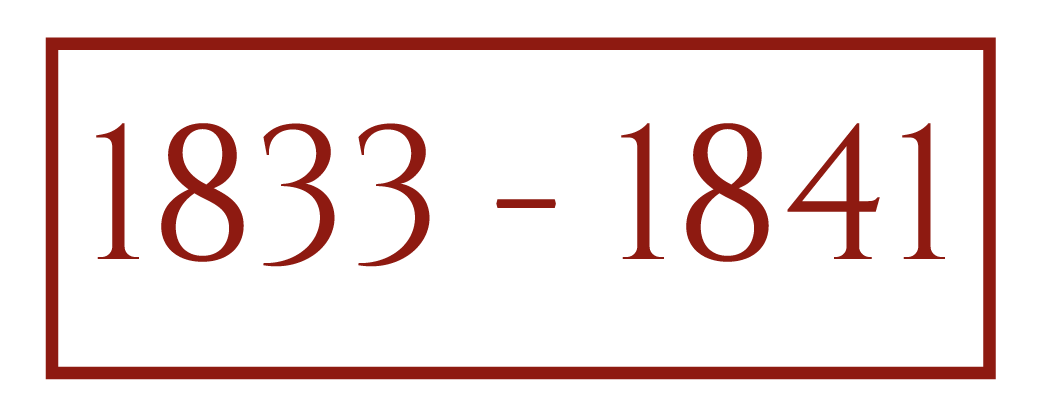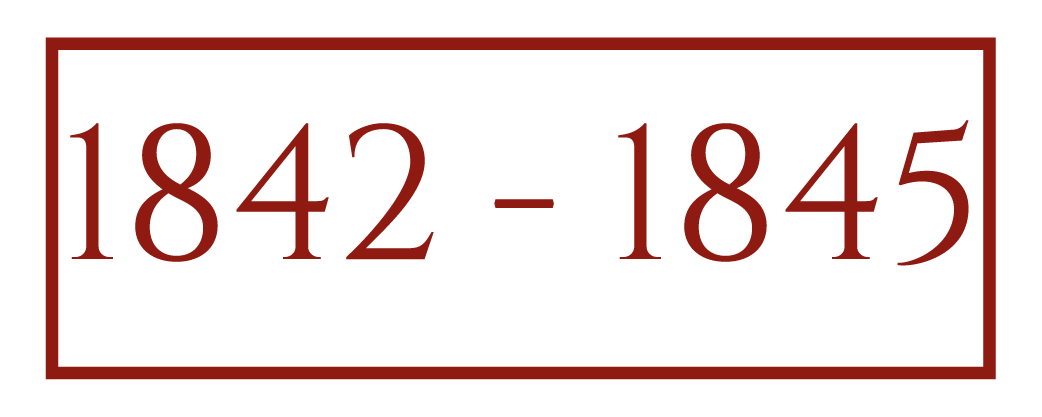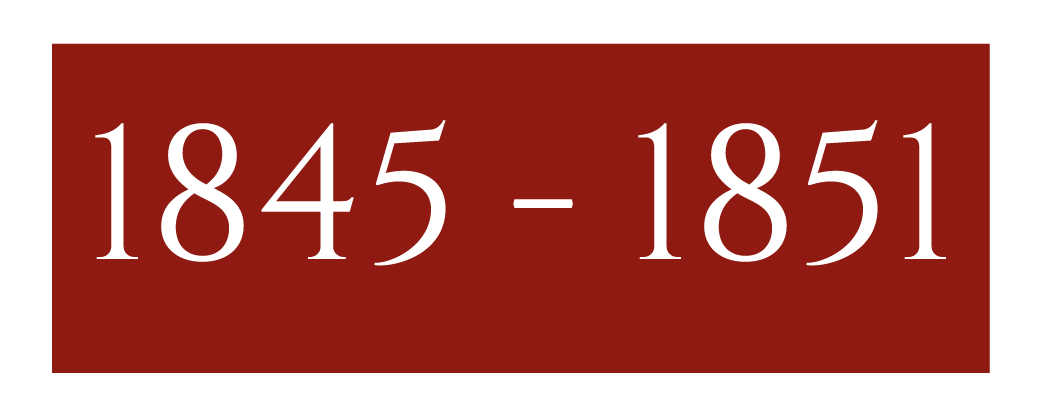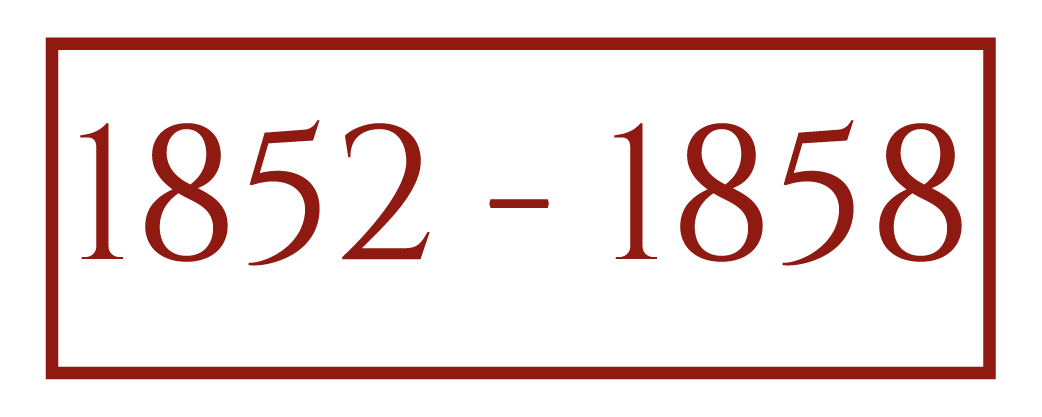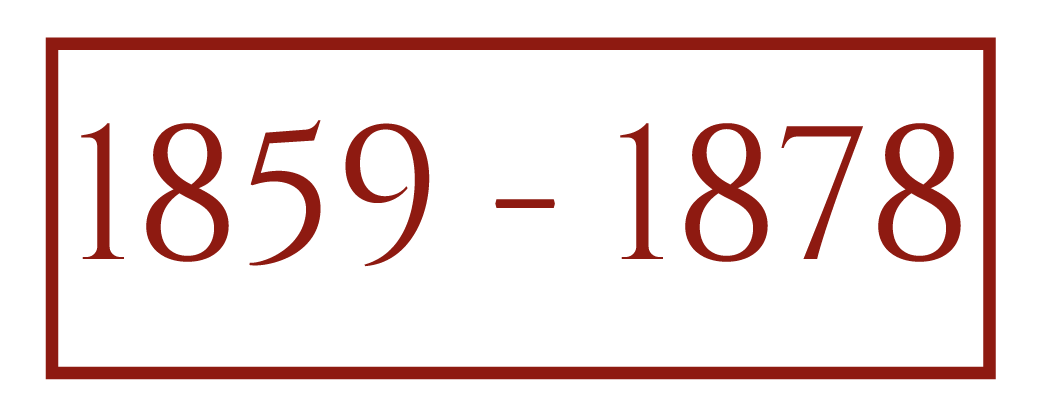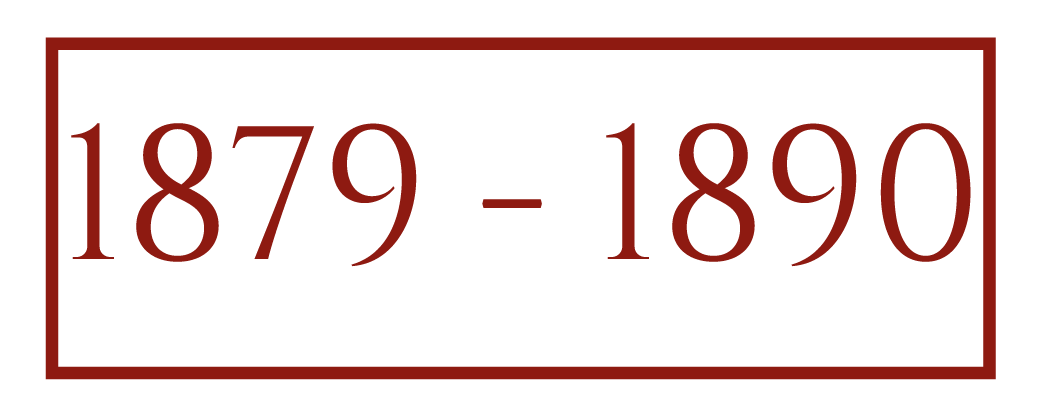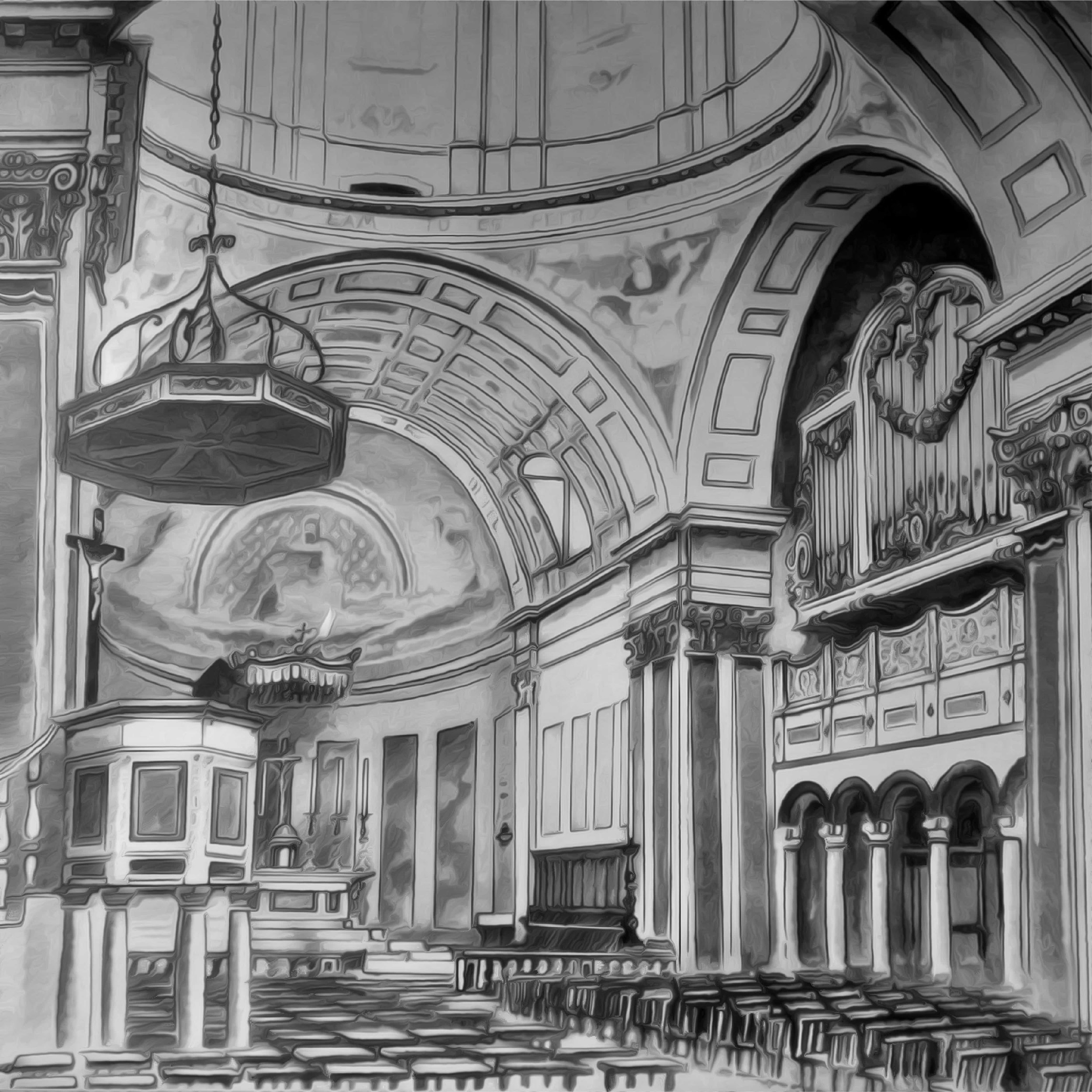1845 - 1851 | ‘Like coming into port after a rough sea.’
On October 8th 1845, Fr Dominic Barberi, an Italian, Passionist priest who was in England on missionary work, arrived at Newman’s Littlemore residence. Newman had invited him to hear his confession and to receive him into communion with the Catholic Church. By this point, many of those who lived with Newman in Littlemore had already converted.
Newman’s confession went on so late into the night that Fr Dominic insisted that they go to bed and resume it in the morning. When it was completed, John Henry Newman was received into the Catholic Church, a major step on his journey. This had huge personal consequences. By converting Newman lost most of his friends from the Church of England, his family rejected him and he could no longer be a fellow at Oxford. He would later describe how the trials of this period moved him to more completely surrender his life to God.
‘He knows what He is about. He may take away my friends, He may throw me in among strangers, He may make me feel desolate, make my spirits sink, hide the future from me – still He knows what He is about.’ Meditations and Devotions, pp. 301-302
His conversion was accompanied by a great sense of interior peace. He wrote:
‘I was not conscious to myself, on my conversion, of any change, intellectual or moral, wrought in my mind. I was not conscious of firmer faith in the fundamental truths of Revelation, or of more self-command; I had not more fervour; but it was like coming into port after a rough sea.’ Apologia, p. 238
In 1846, Newman was sent to Rome to further his study and on May 30th 1847 was ordained a Catholic priest. He also discovered in Rome the model of community life pursued by the Oratorians of St. Philip Neri. St. Philip Neri was a saint of the sixteenth century and Newman saw him as a great example of cheerful witness. He also saw in the shape of Oratorian life, something deeply familiar. He once wrote:
‘The nearest approximation in fact to an Oratorian Congregation that I know … is one of the Colleges in the Anglican Universities. Takes such a college, destroy the Heads’ house, annihilate wife and children, restore him to the body of fellows, and give the Head and Fellows missionary and pastoral work, and you have a Congregation of St Philip before your eyes.’ Chapter address of January/February 1848
On February 1st 1848, With the approval of Pope Pius IX, Newman established, in Birmingham, the first Oratory of St. Philip Neri in the English speaking world. The year after that, with one of his disciples, Frederick William Faber, Newman founded a second Oratory community in London. In these years, Newman began to address those who had formerly been involved in the Oxford Movement, to convince them that they belonged in the Catholic Church too. Newman’s conversion had prompted many in the intellectual spheres of Oxford and Cambridge to join the Catholic Church, but now having returned and established communities, Newman set about writing to those he had once led, encouraging them to continue seeking for the spirit of the true church. He wrote essays entitled ‘Certain Difficulties Felt by Anglicans in Catholic Teaching’ and gave a series of lectures on the ‘Present Position of Catholics in England’. However, the next phase of his journey would call him beyond his beloved England and to a new endeavour all together.

